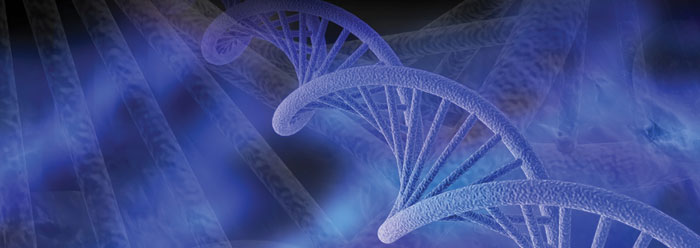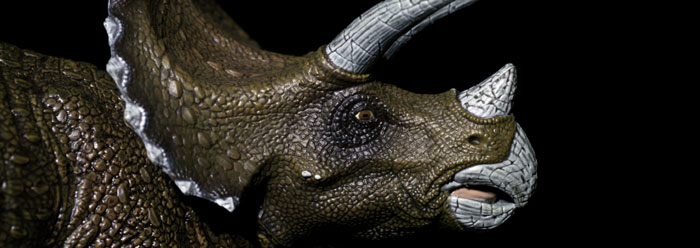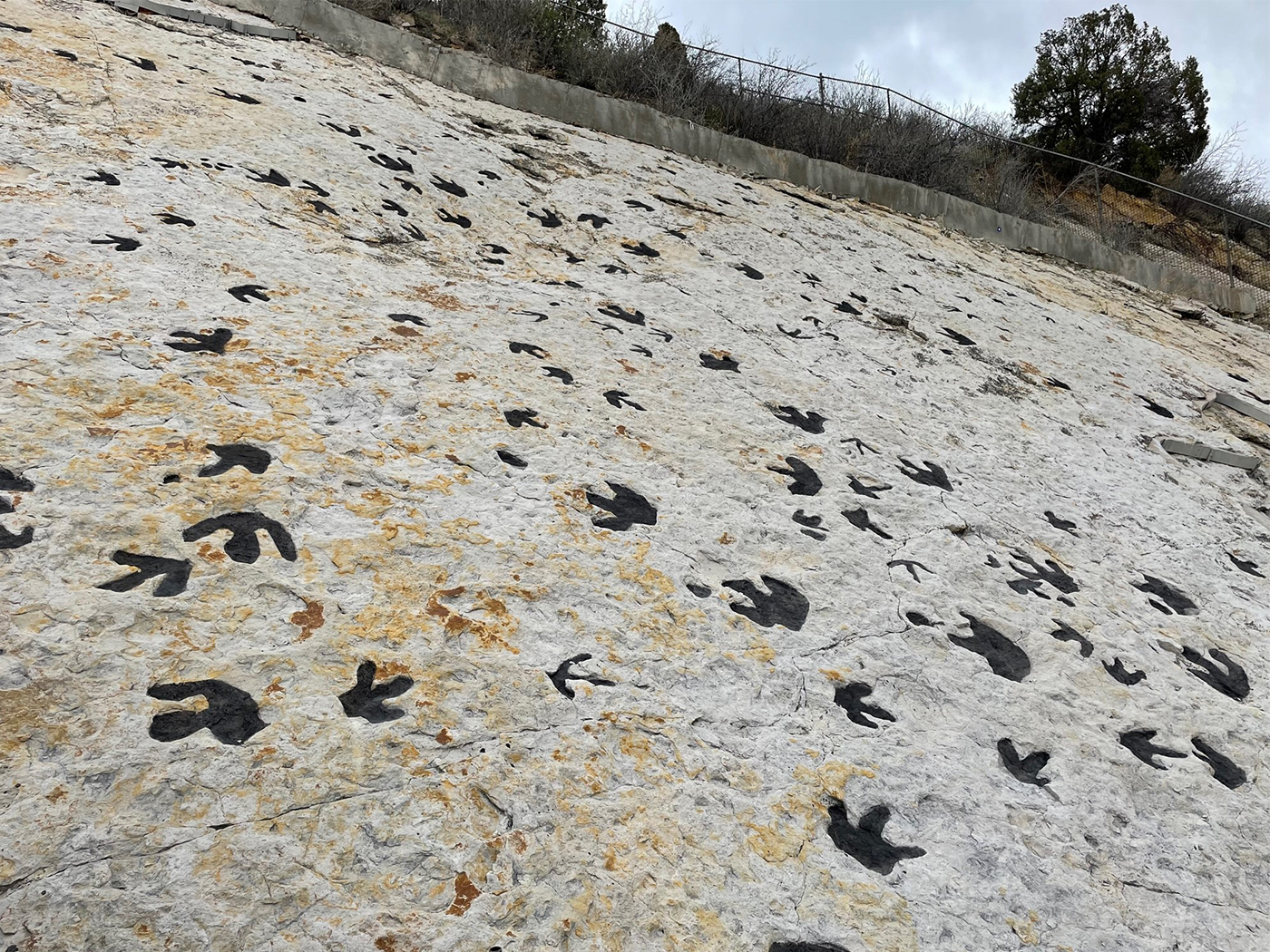According to the early chapters of Genesis, people who lived prior to the great Flood enjoyed very long life spans compared to today. Ideas regarding the mechanisms of that long life have focused on possible atmospheric effects on longevity, such as increases in post-Flood UV radiation. But features of both the Genesis account and of the biology behind aging point to other causes.
For example, when plotted on a graph, the decline in recorded life spans from Noah to Moses forms a curve that is very similar to the decline in life spans resulting from inbreeding. This connection points to an internal cause, perhaps genetic, that would occur after the human population was "bottlenecked" down to just the eight people who survived the Flood. In 1980, anthropologist Arthur Custance wrote:
We thus seem to have in this tabulation clear evidence of a historic process of degeneration, most of which had occurred by the tenth generation of those who were born after the Flood.1
New research has uncovered another possible internal aspect regulating life spans. Researchers from Stanford School of Medicine painstakingly inactivated one gene at a time to see the effects on a roundworm. When certain genes in the roundworm were artificially closed down, the worms lived 30 percent longer.
Interestingly, the genes that caused this were those that attach tiny chemical tags to the surface of DNA to make it more accessible to cellular machinery, and therefore more likely to be transcribed into products used in the cell. The researchers found that when these chemical tags--the study of which is called epigenetics--were absent because the protein that does the tagging was shut down, this "hid" certain genes used in the worms' reproductive systems. It also gave them longer life.
Anne Brunet, senior author of the technical paper published online in Nature, said in a Stanford University press release, "We've shown here that an epigenetic change can affect the life span of an organism…but only within the context of an intact reproductive system."2
Thus, not only is it likely that human genetics were damaged as a result of experiencing the dramatic Flood population bottleneck and subsequent effects of inbreeding, but it is also possible that epigenetic factors, which interplay with genetics, had an effect.
Still, "the process of aging disturbs a broad range of cellular mechanisms in a complex fashion and is not well understood."3 Thus, there is not enough known about the biochemistry of long life to be sure of the cellular mechanisms that occurred after the Flood. But on the flip side, there is not enough biochemical grounding on which to base skepticism of the Genesis record of pre-Flood life spans.
Custance's 1980 observations still retain merit. Scientists continue to observe characteristic decreases, then leveling off, of life spans as a result of inbreeding. For example, in a 1991 study of wolves, researchers reported, "We analyzed studbook data of a captive wolf population bred in Scandinavian zoos and found negative effects of inbreeding expressed as reductions in juvenile weight, reproduction, and longevity."4
It remains a strong possibility that cellular processes like genetics and epigenetics were damaged as a result of post-Flood inbreeding, and that the Genesis record of the pre-Flood human population is reliable exactly as written.
References
- Custance, A. C. 1980. The Seed of the Woman. Brockville, Ontario: Doorway, 73. Also available online at custance.org.
- Conger, K. Study identifies proteins that extend life span in worms. Stanford School of Medicine press release, June 16, 2010, reporting on research published in Greer, E. L. et al. Members of the H3K4 trimethylation complex regulate lifespan in a germline-dependent manner in C. elegans. Nature. Published online June 16, 2010.
- Fuzzy Logic Predicts Cell Aging. Children's Hospital Boston press release, June 18, 2010, reporting on research published in Kriete, A., W. J. Bosl and G. Booker. 2010. Rule-Based Cell Systems Model of Aging using Feedback Loop Motifs Mediated by Stress Responses. PLoS Computational Biology. 6 (6): e1000820.
- Laikre, L. and N. Ryman. 1991. Inbreeding Depression in a Captive Wolf (Canis lupus) Population. Conservation Biology. 5 (1): 33.
* Mr. Thomas is Science Writer at the Institute for Creation Research.
Article posted on June 30, 2010.























